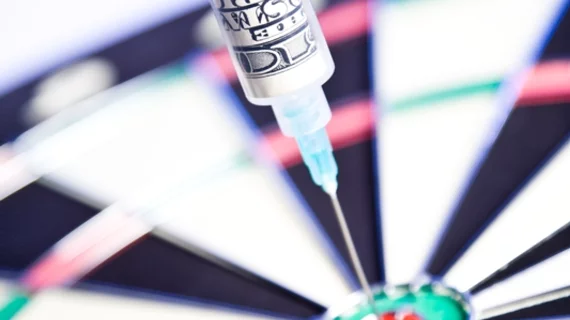One nonprofit hospital is aggressively pursuing the poor for medical debts
Methodist University Hospital, based in Memphis, Tennessee, is a nonprofit hospital operator with its own collections agency that ruthlessly pummels low-income patients over unpaid medical bills by taking them to court, according to a sort by ProPublica. The act of taking patients to court for bills is not unheard of, but Methodist does it a higher rate than its peers, especially for a nonprofit.
The impact to patients when they are taken to court can be severe, as their bills often pile up with rising interest and collection fees from the hospital. For Carrie Barrett, a low-income worker in Memphis, a 2007 trip to the emergency room at the hospital left her with more than $12,000 in medical bills. Today, after being aggressively pursued by Methodist, she owes roughly $33,000 after interest and court fees and has seen her wages garnished by the hospital as a result of its collections process.
The hospital has sued thousands of patients over the years, all while claiming a tax-free status as a nonprofit operator, promising to provide a significant community benefit where it operates. Even Methodist’s own employees aren’t exempt from its practice of suing patients for medical debt.
By comparison, some nonprofit hospitals don’t sue patients at all.
See the full story below:

